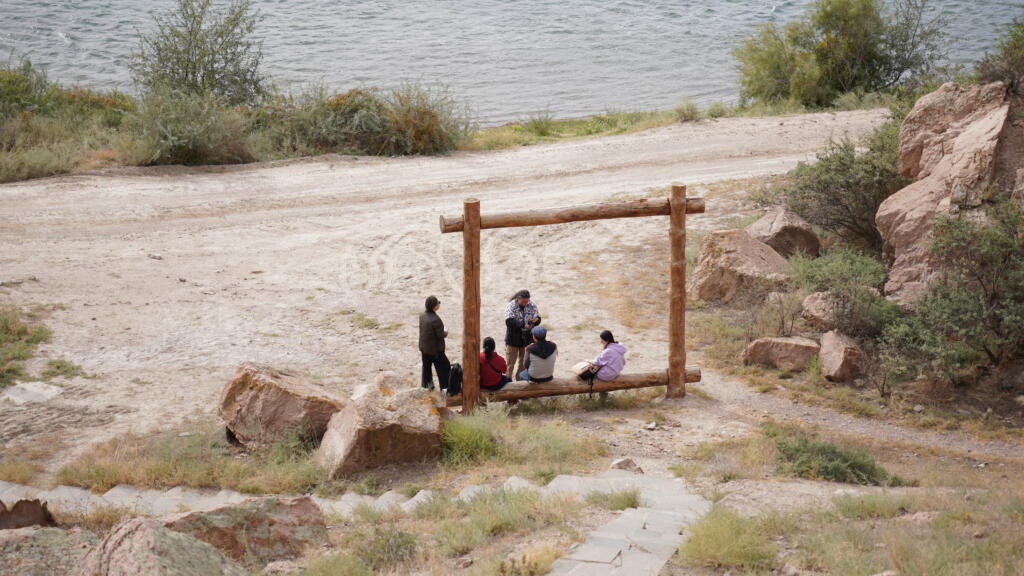

Experts in journalism, science, and communication across Eastern Europe, Central Asia, the South Caucasus, and the Balkans are calling for a new approach to climate reporting. At the close of the Online Journalism, In-Depth project, the Climate Journalism & Communication Network EECCA launched its Charter, inviting signatures from professionals committed to strengthening climate communication in the region.
The Charter sets out clear principles for responsible, science-based climate journalism. It highlights the urgent need to integrate climate perspectives into mainstream reporting, foster public awareness, and hold governments accountable for their climate policies. The Charter aims to activate and inspire change — both personal and societal — through accurate, inclusive, and impactful storytelling.
You can read below Charter of the Climate Journalism & Communication Network EECCA
The climate crisis has long become a reality - also in the countries of Eastern Europe, Central Asia, the South Caucasus and the Balkans. Nevertheless, the topic has been widely underestimated in our public debates so far. The climate crisis is wrongly regarded as a “soft” topic - and some parts of the public do not believe in climate change at all.
In this situation, we, the undersigned, have decided to take action in order to intensify and improve the public debate about climate change.
Acknowledging the fact that media, journalists and communicators play an important role in shaping public awareness and the political agenda we pledge to regularly inform about the phenomena, causes and, above all, the consequences of climate change for people's personal lives. Moreover, we will closely monitor our governments´ policies and actions to mitigate CO2 emissions and adapt to the consequences of climate change.This will help to engage the public in an informed discussion about climate policy and to hold politicians to account for their climate policies.
Climate journalism is often blamed for being alarmist or even activist. It is not. Climate journalism is based on scientific data. We undertake that in our work we
will be guided by the findings of acknowledged climate scientists, including the expertise of climate experts and communicators
will use accurate language to describe the topic
will refrain from consciously spreading information that is incorrect or misleading
will be careful not to be used for any kind of greenwashing purposes
The climate crisis is a cross-cutting issue. Almost all our major problems - poverty, wars, migration, water shortages, growing authoritarianism and human rights violations - are closely linked to global warming. Therefore, we will not relegate the topic of climate in the environment section, but encourage our staff to regularly include a climate perspective into their mainstream reporting on political, economic and cultural events and developments.
Climate journalism needs supportive structures. By signing this charter we commit ourselves
to increase the number of publications dedicated to the climate crisis
to support climate-related training and education for our editorial teams and freelancers we cooperate with
to strive to become forerunners and role-models of a climate-friendly business
Tbilisi, 28 August 2024
In order to sign, please write e-mail with the following information
Journalists and Communicators
Check out all the participating journalists listed here. This is what brings them together.
See all network members
Zaxid net
Ukraine
Cactus Media
Author of the radio cycle "Green Zone"

Journalist
Skopje, North Macedonia

Kyiv, Ukraine

Editor-in-Chief, www.ekolog.uz
Tashkent, Uzbekistan

Journalist, Editor
Belarus

Tv host, journalist, Channel 5
Kyiv, Ukraine

Author and Journalist, Freelance
Berlin, Germany